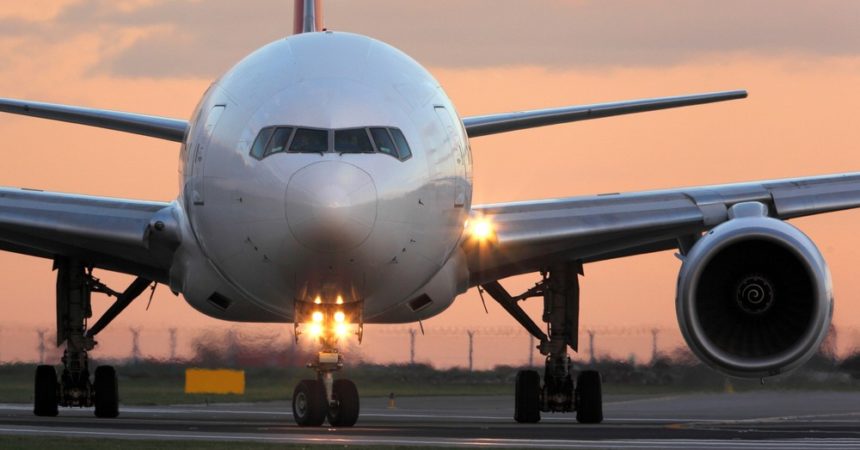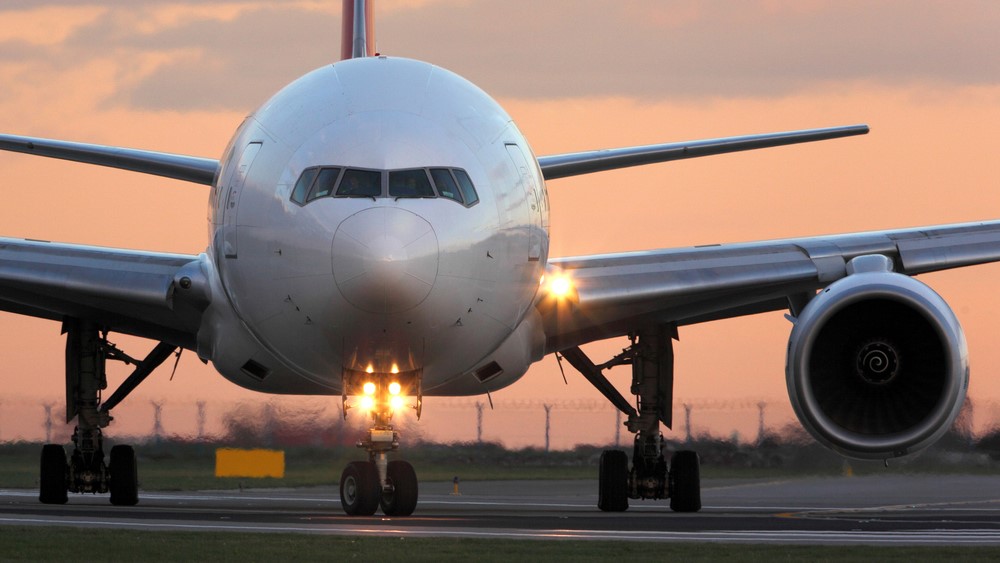
Rebuilding airline industry could be long trek
Reviving the airline industry in Florida could take years to get back to January levels, requiring confidence from passengers that their flights and their destinations are safe from the coronavirus.
To try to provide that comfort, Spirit Airlines President and CEO Ted Christie recommended last Thursday to members of a task force created by Gov. Ron DeSantis that a standardized set of policies and rules could be used for such things as airlines, car-rental companies, hotels and local governments hosting travelers.
“We can create a message that can be marketed to the broader traveling public that Florida is committed to your safety,” Christie said during a conference call with the Industry Working Group on Tourism, Construction, Real Estate, Recreation, Retail and Transportation that is part of DeSantis’ Re-Open Florida Task Force.
“You can plan to enjoy a clean and seamless trip here that includes a robust testing program to ensure that future issues can be isolated and the impact can be contained with a uniform set of expectations,” Christie added.
Meanwhile, Tampa International Airport CEO Joe Lopano said with business at a near standstill, part of rebuilding consumer confidence is that the Tampa airport is mandating tenants wear personal-protection masks, and “we will soon begin encouraging the same for passengers and other guests.”

The aviation industry has seen about a 97 percent decrease in activity since the coronavirus outbreak, according to Tampa International Airport CEO Joe Lopano.
Photo special to the Outlook
DeSantis’ task force is expected to make recommendations on reopening various aspects of the state that have been shut down to prevent the spread of COVID-19, the deadly respiratory disease caused by the coronavirus.
DeSantis issued a stay-at-home order for non-essential workers that closed many businesses, with the order expiring April 30. The governor’s office was expected to spend the weekend putting the task force recommendations into an outline for local governments and businesses to follow.
Airports have remained open, along with a limited number of restaurants and other shops at the facilities.
Still, Lopano said the aviation industry has seen about a 97 percent decrease in activity.
“And we are not an exception to that,” Lopano said. “We have planes that would normally be carrying thousands of passengers parked across the airfield. And the rental cars that our visitors would normally be driving in are parked all over our campus. We have shut down many locations, our parking garages, and have reduced concessions to one restaurant and one newsstand at each airside.”
He said industry projections are that it could be years before the travel and tourism industry gets back to pre-COVID-19 numbers.
Unlike the cruise industry, airports have been part of federal stimulus efforts to combat the reeling economy.
Florida airports are getting nearly $900 million in federal stimulus money, from $206.9 million going to Miami International Airport to $1,000 for Everglades Airpark in Everglades City.
Orlando International Airport is set to get $170.7 million; Fort Lauderdale/Hollywood International Airport is slated to get $135 million; Tampa International Airport is expected to receive $81 million; Palm Beach International Airport and Southwest Florida International Airport are each expected to receive $36.6 million; and Jacksonville International Airport is slated to receive about $28.2 million. Many general aviation airports across Florida are expected to receive $20,000 to $69,000.
In addition to the mandatory mask rule, Lopano said Tampa International Airport has:
— Reduced touch points by encouraging more mobile boarding passes.
— Encouraged carry-on luggage to reduce contact at ticket counters and contact at baggage claims.
— Increased daily cleaning in places such as restrooms.
— Doubled the number of hand sanitizers.
— Put the workforce into two teams, staggering their schedules to limit contact.
— Required social distancing measures in restaurants and installed Plexiglas.
— Widened the distance between security lanes to six feet, where Plexiglas is being installed.
— Limiting seating in gate areas and encouraged airlines to use every other gate where possible.
“And we’re convening a smaller group of European CEOs whose countries are now reopened,” Lopano said. “We want to learn from Frankfurt and find out what they did that worked well.”







